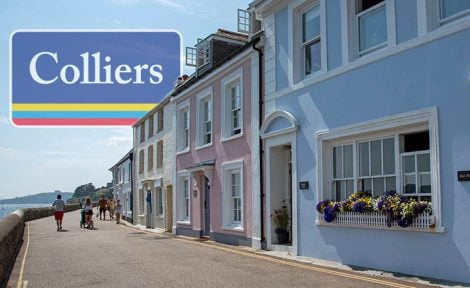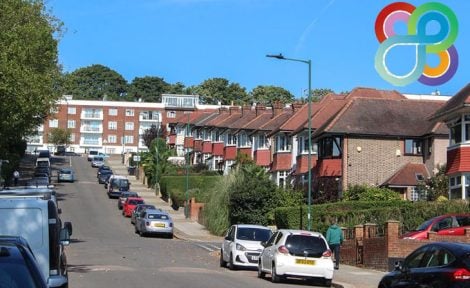71% of second homes owners looking to let as higher tax bills bite
Survey by Sykes Holiday shows doubled council tax bills and other cost pressures mean many second homes owners are looking to holiday or long-term lets to pay the bills.

Letting agents operating in the UK’s holiday hotspots have been handed a big opportunity after new research has revealed that a majority of second home owners are considering long-term or short-term lets to pay the large extra tax bills landing on their doormats.
The Sykes Holiday Cottages survey of second homeowners who don’t currently let their properties out found that 71% are now more likely to do so amid growing cost pressures, changing tax rules, and council tax surcharges.
Some 56% of second home owners are considering short-term holiday letting, 39% are exploring long-term rental, and 20% are thinking about selling.
The potential opportunity for letting agents is considerable – some 280,000 families own second homes in the UK, many of which stand empty for much of the year.
Doubled bills
But many councils which include popular coastal and rural holiday hotspots have now begun to increase council tax for second homes including several which have doubled bills after taking up discretionary powers given to them following an amendment to Section 12B of the Local Government Finance Act 1992.
In Monmouthshire, for example, which covers popular holiday towns sauch as Tintern, Chepstow, and Abergavenny and the Brecon Beacons, has doubled council tax for second homes from £1,950 a year to £3,919.

“This research lays bare the untapped potential of the country’s second homes,” says Ben Spier, Head of Policy and Regulation at Sykes Holiday Cottages.
“With many properties sitting empty for most of the year, there’s a real opportunity to turn these underused homes into valuable assets for local communities.
“At Sykes, we’ve seen a rise in second homeowners get in touch to understand how they can make their unused second homes work better for them, which is something we believe will continue as people look for sustainable, community-friendly ways to generate an income.”










